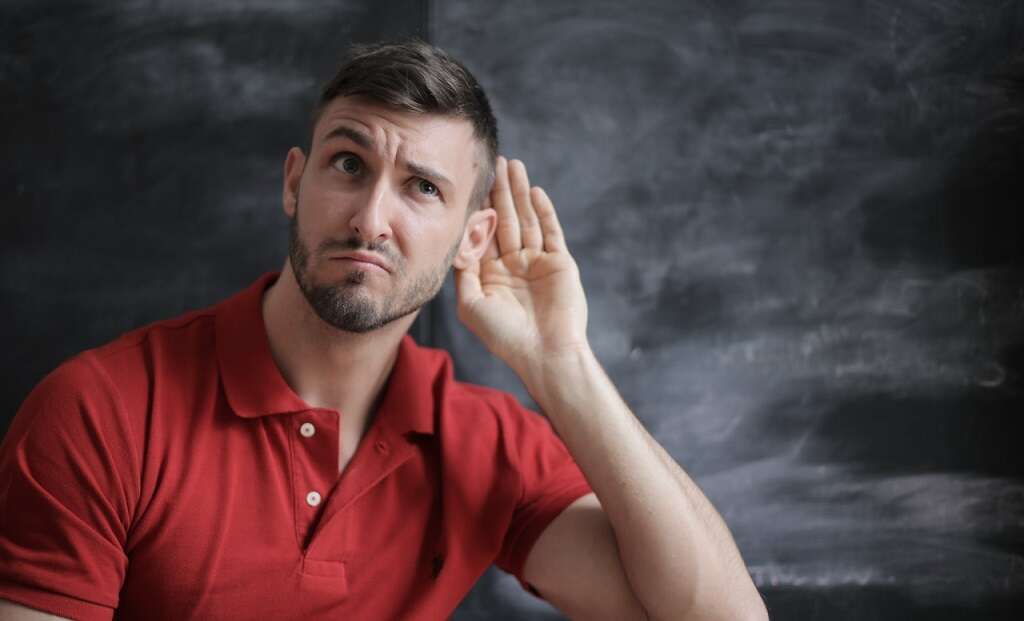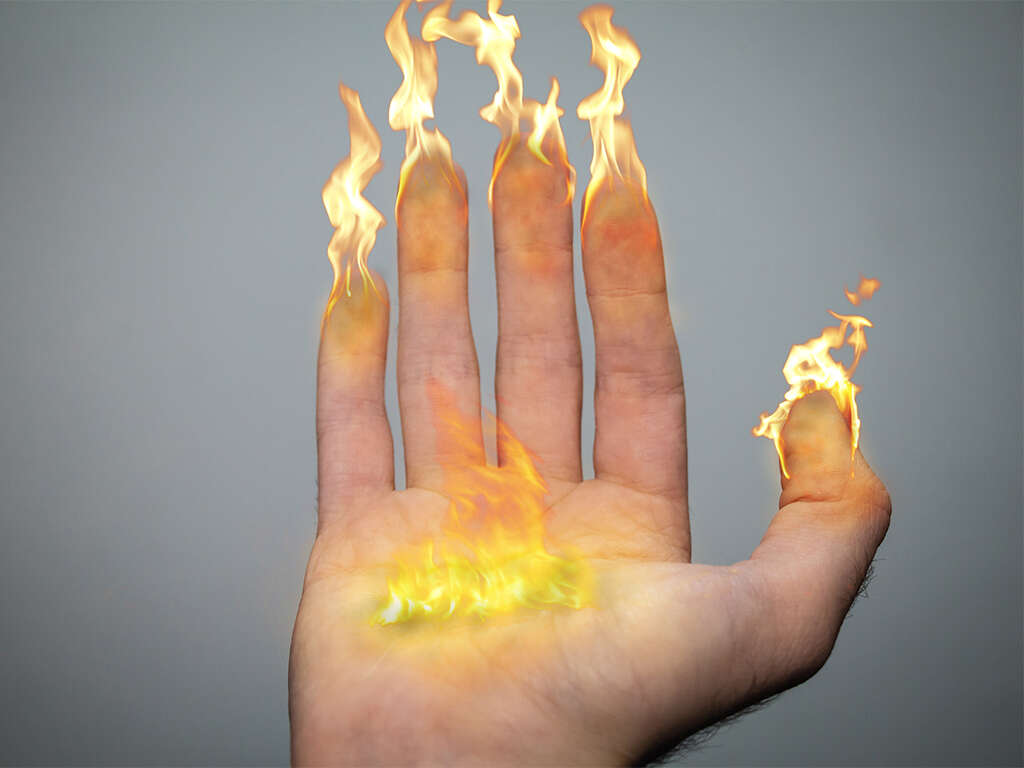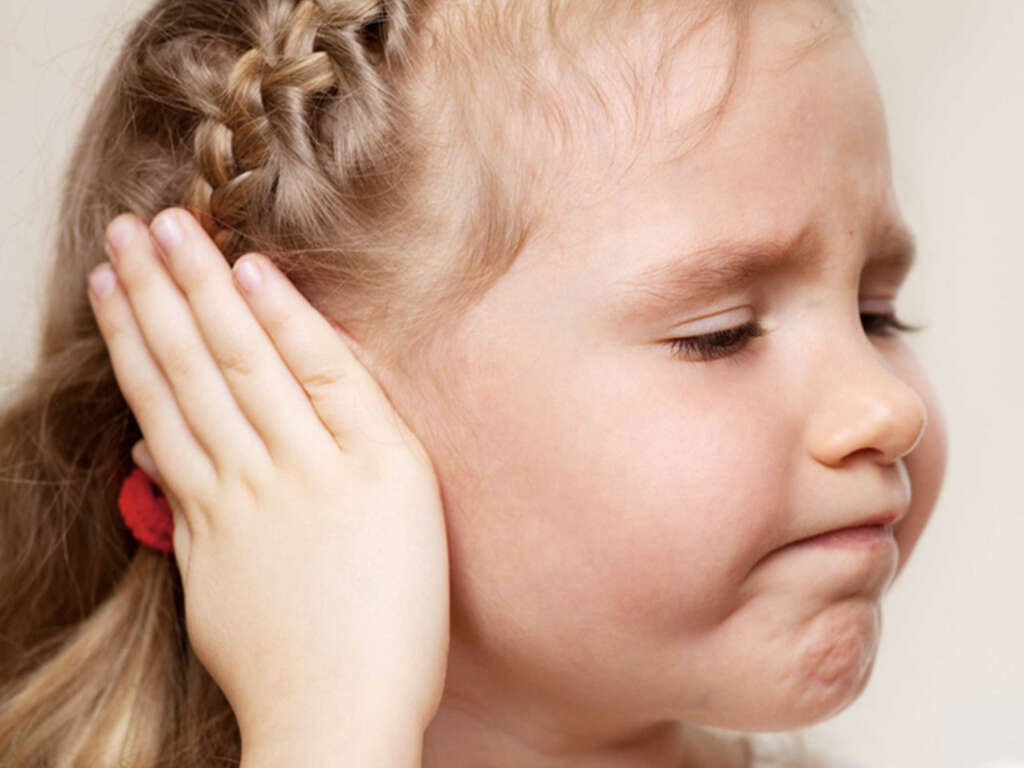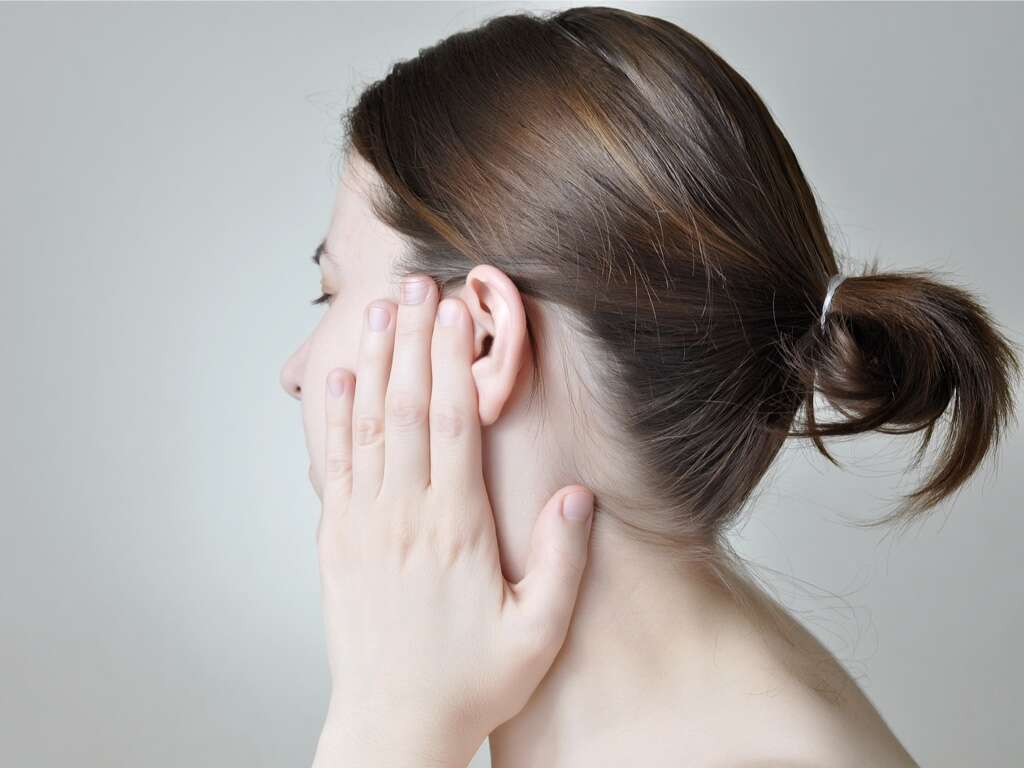10 Ramsay Hunt Syndrome Symptoms
 Article Sources
Article Sources
- 1. 'Ramsay Hunt Syndrome.' NORD (National Organization for Rare Disorders), rarediseases.org/rare-diseases/ramsay-hunt-syndrome/
- 2. 'Ramsay Hunt Syndrome.' Mount Sinai Health System, www.mountsinai.org/health-library/diseases-conditions/ramsay-hunt-syndrome
- 3. 'Tinnitus.' Mayo Clinic, Mayo Foundation for Medical Education and Research, 4 Feb. 2021, www.mayoclinic.org/diseases-conditions/tinnitus/symptoms-causes/syc-20350156
- 4. 'Ramsay Hunt Syndrome.' Ramsay Hunt Syndrome | DermNet NZ, dermnetnz.org/topics/ramsay-hunt-syndrome/
- 5. Otolaryngology — Head & Neck Surgery (OHNS). 'Synkinesis.' Otolaryngology - Head & Neck Surgery (OHNS), med.stanford.edu/ohns/OHNS-healthcare/facialnervecenter/conditions-we-treat/synkinesis.html
The same virus that causes chickenpox is responsible for shingles and Ramsay Hunt syndrome in adults. This virus, called varicella-zoster, lies dormant within adults, and when reactivated, it affects the facial nerve.4‘Ramsay Hunt Syndrome.’ Ramsay Hunt Syndrome | DermNet NZ, dermnetnz.org/topics/ramsay-hunt-syndrome/ Ramsay Hunt syndrome causes paralysis of the facial nerve and is considered a rare condition.
The condition mainly affects individuals over the age of sixty and typically lasts for a few weeks, provided there isn't too much nerve damage. Ramsay Hunt syndrome can cause blistering rashes in the ear canal, mild hearing loss and unilateral facial paralysis. In extremely rare cases, some individuals may experience long-term damage to nerve fibers.

Rash On Outer Ear
Individuals with Ramsay Hunt syndrome frequently report the occurrence of a rash on the ear where there's cartilage and skin. The rash is characterized by a crop of tiny blisters that are reddish in color and can be incredibly painful.
Some people with the syndrome also experience a rash in their mouth and soft palate. However, the areas most commonly affected by the distinctive rash are the ear lobe, helix and external ear canal.1‘Ramsay Hunt Syndrome.’ NORD (National Organization for Rare Disorders), rarediseases.org/rare-diseases/ramsay-hunt-syndrome/ In most cases, the rash tends to be unilateral and appears on the same side of the face as other symptoms related to Ramsay Hunt syndrome.

Facial Nerve Paralysis
Some people with Ramsay Hunt syndrome develop partial paralysis of the facial nerve. Much like the outer ear rash, facial paralysis is usually unilateral. Individuals may have difficulty closing one eye, controlling muscle movement and feel an overall stiffness in the affected side. In worst-case scenarios, speech may become slurred.1‘Ramsay Hunt Syndrome.’ NORD (National Organization for Rare Disorders), rarediseases.org/rare-diseases/ramsay-hunt-syndrome/
Individuals experiencing problems with facial paralysis should consult their health care provider. Most people make a full recovery within a few weeks, provided they seek treatment within the first few days of symptoms.2‘Ramsay Hunt Syndrome.’ Mount Sinai Health System, www.mountsinai.org/health-library/diseases-conditions/ramsay-hunt-syndrome

Ringing in the Ear
A low-grade ringing in the ear, otherwise known as tinnitus, is a commonly experienced symptom of Ramsay Hunt syndrome. Tinnitus can range from mild to severe and can sound like anything from low hums to high-pitched squeals.
Tinnitus frequently affects the ability to concentrate and can cause hearing issues. The ringing in the ear doesn't subside and is caused by a sensory nerve. Side effects from tinnitus can include nausea, vertigo and sensitivity to sounds.3‘Tinnitus.’ Mayo Clinic, Mayo Foundation for Medical Education and Research, 4 Feb. 2021, www.mayoclinic.org/diseases-conditions/tinnitus/symptoms-causes/syc-20350156

Flu-Like Symptoms
It's quite common for affected individuals to experience flu-like symptoms about a week before the ear rash erupts.4‘Ramsay Hunt Syndrome.’ Ramsay Hunt Syndrome | DermNet NZ, dermnetnz.org/topics/ramsay-hunt-syndrome/ When the dormant virus is reactivated in the human body, it often causes a headache, high fever and cold.
These generic symptoms happen before the more definitive characteristics of Ramsay Hunt syndrome appear. In some instances, the flu-like symptoms appear just three days before the onset of the rash and facial paralysis.

Temporary Hearing Loss
Those with Ramsay Hunt syndrome who've had tinnitus, frequently experience some form of mild hearing loss. The hearing loss is usually temporary, but in rare cases can become more severe if a health care professional isn't consulted.
The type of hearing loss experienced has to do with sound vibrations not being transmitted to the brain because of a faulty auditory nerve.1‘Ramsay Hunt Syndrome.’ NORD (National Organization for Rare Disorders), rarediseases.org/rare-diseases/ramsay-hunt-syndrome/ Facial and auditory nerve damage is directly related to Ramsay Hunt syndrome. If caught early enough, the neurological damage can be repaired.

Taste Abnormalities
People who have Ramsay Hunt syndrome can experience taste abnormalities. Because Ramsay Hunt is a neurological disorder of the facial nerve, it can affect the ability to taste.
There are three nerves associated with taste, one of which is the facial nerve. Damage to this nerve normally presents symptoms on one side of the face, but taste abnormalities are on both sides. Not everyone with the condition loses their sense of taste, and those who do report that it returns when they've recovered.

Ear Pain
The blistering rash associated with Ramsay Hunt syndrome can cause localized pain. The blisters are often raw, itchy and sensitive. Sometimes the rash spreads to the outer ear, mouth and upper neck region, causing pain in the affected areas.
Nerve pain in the ear, called otalgia, can cause intense discomfort. If the source of pain is inside the ear, it's considered the primary area. The pain caused by the nerve can migrate to the neck area.

Crusting Sores
The rash that's commonly associated with Ramsay Hunt syndrome comprises crops of blisters in the ear canal, cartilage and soft tissue. As well as blisters, the rash can also be a combination of lesions called papules and macules.
When the rash spreads and the blisters rupture, they can crust over and develop huge lesions. Individuals with crusting sores should consult a healthcare provider in order to prevent infection. The sores will typically appear on one side of the face and neck.4‘Ramsay Hunt Syndrome.’ Ramsay Hunt Syndrome | DermNet NZ, dermnetnz.org/topics/ramsay-hunt-syndrome/

Synkinesis
Synkinesis is the name given to involuntary facial movements that accompany deliberate facial movements.5Otolaryngology — Head & Neck Surgery (OHNS). ‘Synkinesis.’ Otolaryngology - Head & Neck Surgery (OHNS), med.stanford.edu/ohns/OHNS-healthcare/facialnervecenter/conditions-we-treat/synkinesis.html It is a rare symptom and complication of Ramsay Hunt syndrome.
Synkinesis is faulty wiring of the facial nerve that can be caused by Ramsay Hunt syndrome. If the condition is not treated, individuals could experience long-term facial neuroglia. Examples of synkinesis could be the closing of eyes while trying to smile or raising of eyebrows when opening the eyes.

Cranial Neuropathy
Individuals experiencing cranial neuropathy might have Ramsay Hunt syndrome. Cranial neuropathies are caused by damage of one or more cranial nerves. Tingling sensations, numbness and paralyzed muscles and vision loss can all be symptoms of cranial neuropathy.
Cranial neuropathy is a fairly uncommon symptom of Ramsay Hunt, but it does occur. The sooner the condition is controlled, the fewer risks individuals have of developing more complicated symptoms. People who have cranial neuropathy should get tested for Ramsay Hunt syndrome.











